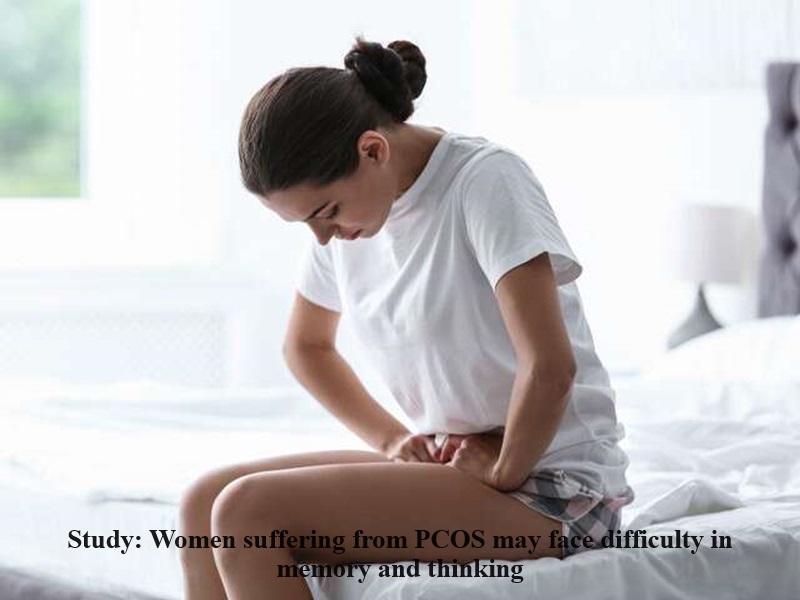
Polycystic ovary syndrome (PCOS), a hormonal disorder affecting nearly 10% of women, has been associated with potential cognitive issues in midlife, according to a new study conducted by the University of California, San Francisco, and published in Neurology. The study, spanning 30 years, involved 907 female participants aged 18 to 30.
Traditionally recognized for symptoms like excess body hair or irregular menstrual cycles, PCOS is now linked to cognitive dysfunction in later life. This addition to potential effects of the disease was highlighted in the study, shedding light on cognitive functioning and brain outcomes in women at midlife.
Professor Pauline Maki, the director of the Women’s Mental Health Research Programme at the University of Illinois Chicago, emphasized the significance of the scientific report, stating that it is one of the few studies investigating cognitive functioning and brain outcomes in women at midlife.
The Eunice Kennedy Shriver National Institute of Child Health and Human Development outlines telltale signs of PCOS, including menstrual cycle changes and skin alterations such as increased hair growth. The disorder’s impact on cognitive functions adds a new dimension to the understanding of its long-term effects.
The study’s duration and scope, spanning three decades and involving a substantial number of participants, contribute valuable insights into the potential consequences of PCOS on cognitive health. This research emphasizes the importance of addressing PCOS comprehensively, considering not only its visible symptoms but also its impact on mental and cognitive well-being, especially as affected individuals age into midlife.

Post Your Comments